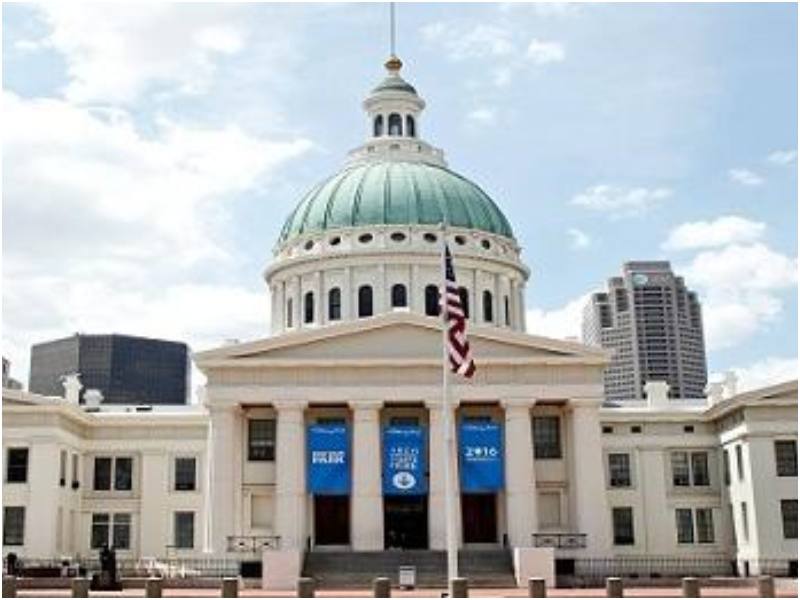In a landmark decision on Monday, July 29, the US Court of Appeals for the Eighth Circuit ruled that a Missouri law prohibiting lobbying for two years after leaving elected office is unconstitutional.
The case, Miller v. Ziegler, challenged Article III, Section 2(a) of the Missouri Constitution, a provision enacted through a 2018 ballot initiative.
This provision barred any former member or employee of the general assembly from acting as a paid lobbyist until two calendar years after their service concluded.
The Eighth Circuit found that lobbying constitutes political speech, invoking the First Amendment’s protection. The court applied “strict scrutiny”—the most rigorous standard of judicial review for laws affecting constitutional rights—citing the US Supreme Court’s decision in Citizens United v. Federal Election Commission.
The decision noted that “[l]aws that burden political speech are subject to strict scrutiny,” requiring the state to prove that the law serves a compelling governmental interest and is narrowly tailored to achieve that interest.
Missouri argued that the law was necessary to prevent corruption, but the court found no evidence supporting the existence of corruption that the ban aimed to mitigate.
The ruling stated that without proof of corruption, Missouri could not claim a compelling interest in enacting such a law.
Despite the court’s rejection of Missouri’s justification, the state has faced criticism regarding its ethical standards.
The Center for Public Integrity, a US non-governmental organization, assigned Missouri a D- rating in its 2015 State Integrity Investigation.
The report highlighted the ease with which former legislators transitioned to lobbying roles, with 11 lawmakers leaving office to become lobbyists since 2012.
The 2018 “Clean Missouri” initiative, which included the now-invalidated lobbying ban, also proposed using a non-partisan office for redistricting.
However, this redistricting plan was superseded by a 2020 ballot initiative that returned the responsibility to a commission appointed by the governor.
This decision underscores the complexities of balancing ethical governance with constitutional freedoms, particularly in the realm of political speech and lobbying activities.

